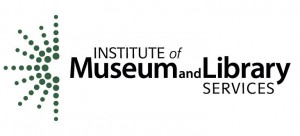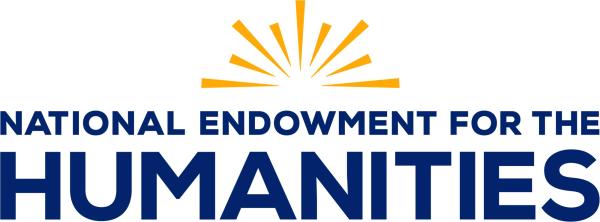The Digital POWRR Project is committed to creating and supporting inclusive, diverse, and equitable communities of practice. We aim to be a welcoming organization that is anti-oppressive, recognizes intersectionalities, and works compassionately across differences.
We recognize that a majority of digital preservation research and work has traditionally occurred among more heavily resourced organizations, effectively making the lesser-resourced feel as if the participation bar is simply too high to clear. The POWRR philosophy emphasizes a “big tent” approach, whereby people from different backgrounds can learn from one another in a judgment-free zone. As such, we especially welcome participation from individuals representing small organizations of all stripes, including tribal libraries/archives, public libraries, historical societies, museums, and those who work as solo practitioners or “lone arrangers.”
We know that the best problem-solving and critical thinking happens when people with a wide array of experiences and perspectives come together to work in comfort and safety as peers. We therefore expect participants in POWRR events to help create thoughtful and respectful environments where that interaction can take place.
This Code of Conduct applies to all meetings, events, working groups, and other activities organized by Digital POWRR, including those taking place in-person or online.
Code of Conduct
Digital POWRR is dedicated to providing collaborative experiences that are free from all forms of harassment, and inclusive of all people. Small actions you can take will help us meet this goal. For instance, we suggest:
- listening as much as you speak, and remembering that colleagues may have expertise you are unaware of;
- encouraging and yielding the floor to those whose viewpoints may be under-represented in a group;
- using welcoming language, for instance by using an individual’s stated pronouns and favoring gender-neutral collective nouns (“people,” not “guys”);
- accepting critique graciously and offering it constructively;
- giving credit where it is due;
- seeking concrete ways to make physical spaces and online resources more universally accessible; and
- staying alert, as Active Bystanders, to the welfare of those around you.
Likewise, it is important to understand the range of behaviors that may constitute harassment. Harassing behavior may relate to: age; appearance or body size; employment or military status; ethnicity; gender identity or expression; individual lifestyles; marital status; national origin; physical or cognitive ability; political affiliation; sexual orientation; race; religion; technology choices; or level of technical knowledge.
Harassment can include unwelcome or offensive verbal or written comments or nonverbal expressions, used in person or online, in private or in public. Examples of harassment can include: use of sexual and/or discriminatory images in public spaces (including online); deliberate intimidation; stalking; following; trolling; harassing photography or recording; sustained disruption of talks or other events; bullying behavior; inappropriate physical contact; and unwelcome sexual attention.
We value your presence and constructive participation in our shared community, and thank you for your attention to the comfort, safety, and well-being of fellow POWRR participants. Participants at any Digital POWRR event, held online or in person, who are asked to stop harassing or intimidating behaviors are expected to comply immediately. Those who violate our Code of Conduct may be warned or expelled at the discretion of the organizers.
During on-site events, Digital POWRR staff can be identified by their name badges. Active bystanders or those experiencing harassment themselves may elect to have an in-person, confidential conversation with a staff member. Staff will then assist participants by taking incident reports, providing escorts as needed, or otherwise helping those experiencing harassment to feel safe for the duration of the event.
To report incidents after our events, in online venues, or on-site but in the absence of a staff member, email powrr@niu.edu. However, if you or others are in imminent danger, please first phone emergency services at 911. All reports and inquiries will be handled in confidence.
(Adapted from the DLF’s Code of Conduct, licensed under a CC-BY-NC 4.0 license)




